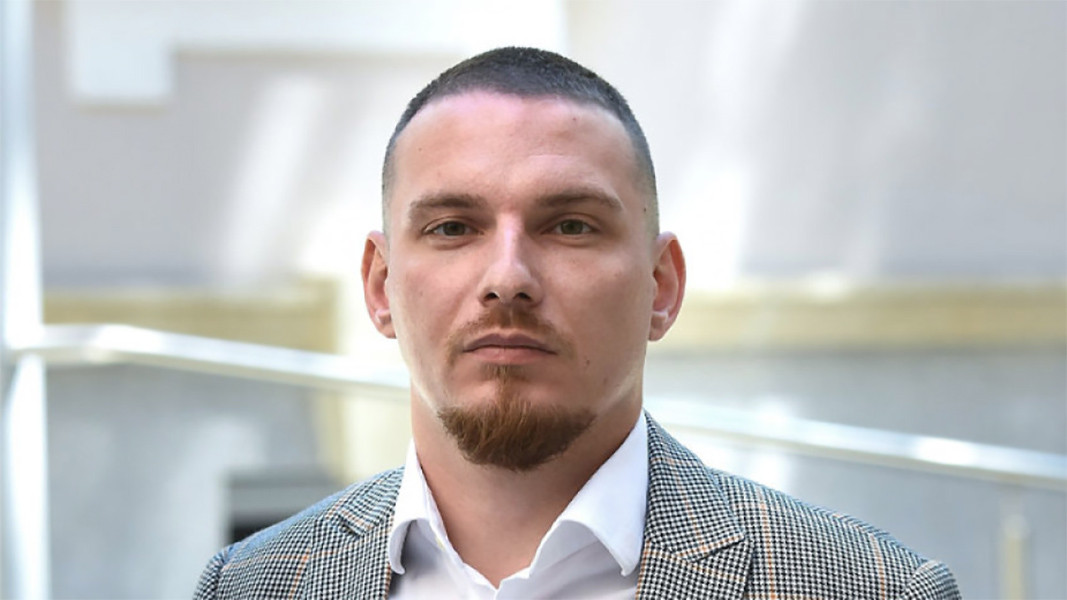The European Commission has ended the so-called Cooperation and Verification Mechanism which monitored the processes connected with the rule of law in this country and in Romania. The motives for this decision – that Bulgaria and Romania have fulfilled their commitments to a sufficient degree, and the monitoring can now continue through the mechanism that is valid for all EU countries – annual reports monitoring the rule of law in them.
“It is a gesture of trust which goes to show that evidently, Bulgaria has done something right, even though there was a prolonged period of insecurity and political instability – almost two years,” said in an interview with Radio Bulgaria, Adrian Nikolov from the Institute for Market Economics. “However, this, in itself, does not mean our entry into Schengen next year is guaranteed. It is not at all certain this is going to be the last obstacle in Bulgaria’s way.”
Austria and the Netherlands remain the two countries members of the EU with reservations about Bulgaria’s joining the Schengen area. They have their reasons, and the numerous examples connected with security along Bulgaria’s borders speak for themselves. 
“Kapitan Andreevo is a case in point, because it demonstrates the extent to which Bulgaria could play the role of a Schengen external border,” the economist goes on to say. “A scandal of such dimensions, connected with corruption and the creation of a private customs house, where all kinds of illegal shipments take place for a bribe – a scandal such as this is bound to impact the image of the country. The actions of the then government (the quadruple coalition between We Continue the Change, Democratic Bulgaria, the Bulgarian Socialist Party and There is Such a People) to shut down this corruption scheme, have maybe played a positive role, to some extent, as our Western partners are probably expecting the same kind of will to fight now.”
The controversies surrounding Bulgaria’s membership of the Schengen area started as soon as the country joined the EU in 2007. The unobstructed passage of large groups of migrants heading for Western Europe have become more and more frequent in recent months, a few times such groups were intercepted in the country’s interior as well. This has also added to the lack of trust that the country is capable of safeguarding its own borders.
Border protection again came into the limelight at the beginning of last month, when Angel Hristov, who was wanted by Interpol on a red notice, actually died in his home in the village of Resilovo near Kyustendil. “That is one more instance that does not put the country or border control in a favourable light in the eyes of the countries which harbor reservations about our accession,” Adrian Nikolov says.
It would be difficult to calculate the losses Bulgaria is suffering because it is not part of the Schengen area. By some estimates, the delay in freight transportation across borders results in losses amounting to approximately 100 million Leva a year (a little over EUR 51 million), incurred by exporters and transport company owners. Unfortunately, it is not possible to negotiate any compensations for the loss of profits by the country:
“What we have here are business relations, so there is no way to make compensations for the fact that Bulgarian importers did not have the facilitated access to EU markets that German and French importers do. The problem will actually be solved once we become part of the Schengen area. Before that we need to accept the fact that our political problems have so far prevented the fundamental capacity of taking advantage of being part of the EU.”
As to the political forces represented in parliament, the economist is not expecting any serious controversies on the Schengen issue, the kind we have been witnessing with regard to the other fundamental target for the government – accession to the Eurozone. Joining this zone will, at least in part, solve the problem of the labour shortages in the economy, Adrian Nikolov says. It will make it easier for foreigners in this country to start work.
Translated from the Bulgarian and posted by Milena Daynova
Photos: csreurope.org, Tony Tonchev, BusinessGlobal
The Bulgarian Embassy hosted the second concert of the 17th season of the Bulgarian Music Society in Washington. On 14 November, guests enjoyed a unique show by two world-class artists, both originally from Bulgaria: Desi Jordanoff, a folk dance master,..
Generation Z students (born 1995–2012) are widely using artificial intelligence in their learning, with teachers reporting that more than 85% complete homework and study with the help of digital assistants. Children tend to see AI as a partner..
This year, Christmas has "arrived" in Sofia as early as November with the aroma of mulled wine, cinnamon and festive magic. Radio Bulgaria recommends that you visit some Christmas spots in the Bulgarian capital city: For those most impatient to..

+359 2 9336 661
